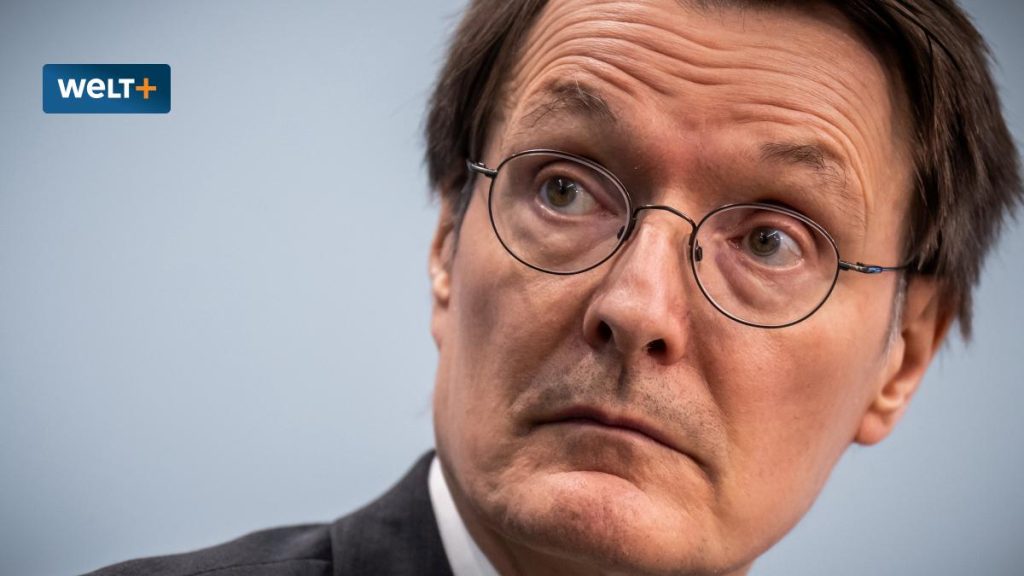In a recent report, Health Minister Karl Lauterbach criticized the concept of “health kiosks,” describing them as providing inadequate and non-medical care. These health kiosks have been popping up around Germany in recent years, offering services such as quick check-ups and minor treatments without the involvement of a qualified doctor. Lauterbach has called these kiosks a form of “pseudo-care” that falls below the standard of proper medical treatment.
According to Lauterbach, these health kiosks are typically run by individuals with limited medical training or qualifications. He expressed concerns about the quality of care provided at these establishments, warning that patients could be at risk of receiving inaccurate assessments and treatments. Lauterbach emphasized the importance of consulting a qualified doctor for health concerns, rather than seeking care at these kiosks.
The Health Minister’s criticism comes amid ongoing debates in Germany about the accessibility of healthcare services and the role of non-medical providers in delivering care. Proponents of health kiosks argue that they can help alleviate pressure on the healthcare system by providing quick and convenient services for minor health issues. However, critics like Lauterbach argue that these kiosks do not offer the same level of expertise and oversight as traditional medical providers.
Lauterbach’s comments have sparked a broader discussion about the regulation of health kiosks and the need for clearer guidelines on the provision of non-medical care. Some experts have called for stricter regulations and oversight of these establishments to ensure that patients receive safe and effective care. Others have suggested that health kiosks could play a valuable role in improving access to healthcare for underserved populations, as long as they adhere to strict standards of care.
As the debate continues, it remains unclear how the German government will address the issue of health kiosks and their role in the healthcare system. Lauterbach’s criticism has highlighted the need for a clearer framework for regulating non-medical providers and ensuring the quality of care for all patients. It is likely that this topic will continue to be a point of contention in the ongoing discussions about healthcare reform in Germany.















